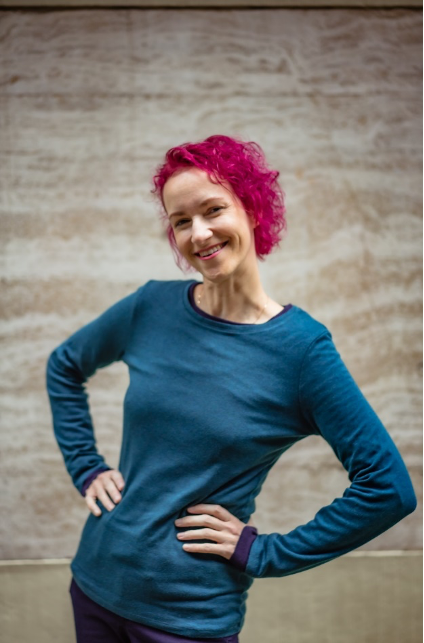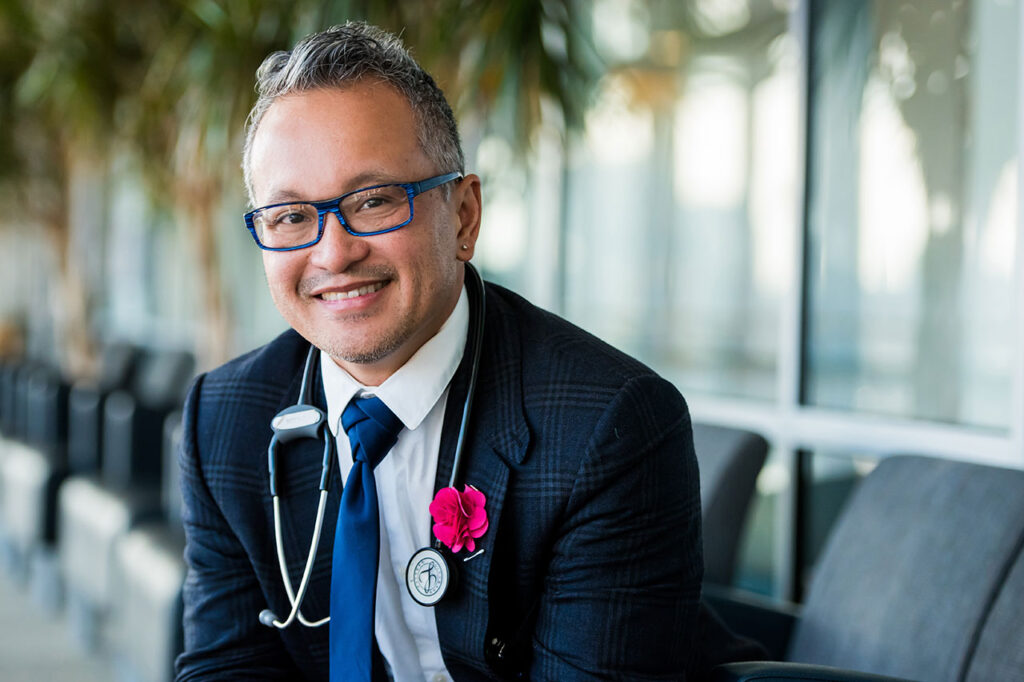
When my chemo and radiation treatments ended in July 2013, I struggled to return to my normal life, including my career in agricultural field research. Physically, I no longer had the stamina to work in a corn field for up to ten hours a day. Mentally, I began to question if I was even passionate about my job anymore. I had just survived cervical cancer, so I didn’t want to waste another minute in a job that wasn’t fulfilling. I felt lost and knew I needed to find a new career path that would give me a better sense of purpose.
I thought hard about what I was passionate about and how I could turn that into a career. I knew I was passionate about cancer advocacy but didn’t know how to apply that to a job quite yet. I found the field of cancer registry interesting but knew little about it. I thought about cancer registry off and on over the next few years but kept dismissing the idea of becoming a cancer registrar because it would require two years of schooling to become certified.
Cancer registries are important because they reduce the burden of cancer on the community by improving patient outcomes and ensuring funding for public health cancer prevention programs. A cancer registrar is responsible for collecting, maintaining, and reporting cancer data on all cancer types diagnosed and/or treated within a hospital or other medical facility. This data is entered into a cancer registry system, or database, that is then reported to state and national cancer registries.
Cancer registry data is used by many, including oncologists and other doctors to compare cases for treatment plans, researchers for clinical trials, public health officials for evaluation of cancer prevention programs, policymakers to determine state and national funding of cancer control programs, and cancer organizations for statistics (like the American Cancer Society).

In 2020, amid the pandemic and working from home, I decided to go for it and enrolled in an online program to become a certified cancer registrar. I am now one year into the program and am enjoying every class I take. I feel like I have a sense of purpose that was missing.
Someone once told me that cancer registrars impact cancer advocacy, policy, and research. This is so true! Knowing that my future job will impact cancer in these ways is exactly the fulfillment I am looking for in a career. It may have taken an unexpected cancer diagnosis, a lot of personal reflection, and seven years to figure out a new direction for my career path, but by the Spring of 2023, I’ll achieve my goal of becoming a certified cancer registrar. You too, can start achieving your goals in 2022, by focusing on your passions with a willingness to persevere.
Emily is an eight-year cervical cancer survivor who was diagnosed with stage 2B cervical cancer at age 30. After cancer, Emily didn’t realize she even had an advocacy voice until she attended her first Cervivor School in 2016. Today, she is a patient advocate and Cervivor Ambassador who shares her cancer story to raise awareness for ending cervical cancer and to educate others on the importance of cervical cancer screenings and prevention. Emily is the recipient of the 2020 Cervivor Spark Award and the 2022 Cervivor Champion Award. She plans to graduate with her certification in cancer registry in spring 2023.

